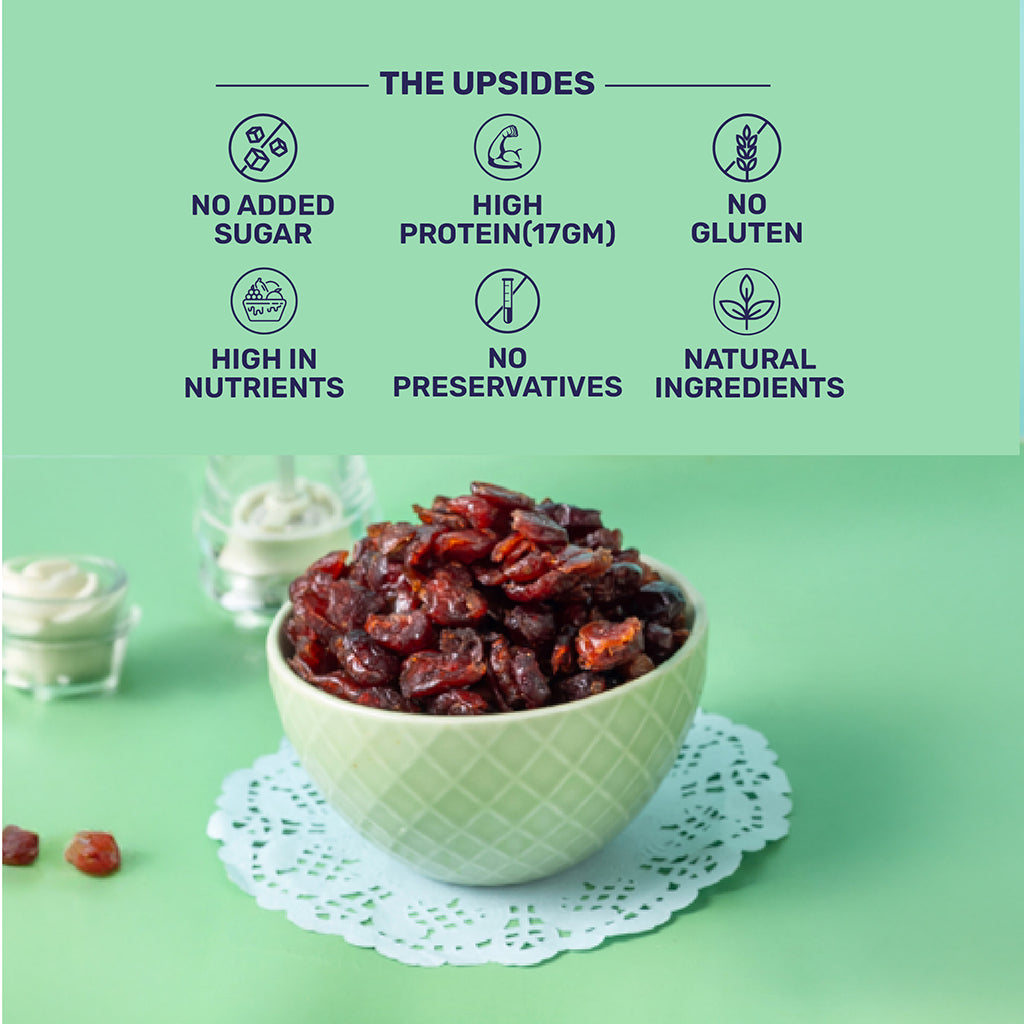Sleep is a crucial component of our daily lives, affecting our overall well-being and quality of life. While various factors contribute to a good night's rest, sunlight plays a significant role in promoting better sleep. In this comprehensive blog post, we will explore the science behind this connection and how sunlight exposure positively influences sleep quality. So, grab your sunglasses and join us on an enlightening journey into the world of sunlight and its impact on your slumber!
The Power of Circadian Rhythms:
Our bodies possess an internal clock known as the circadian rhythm, which regulates our sleep-wake cycle. Sunlight acts as a vital external cue for this rhythm, helping to align our internal clock with the external environment. When sunlight enters our eyes, it triggers a series of biological reactions in our brain, influencing the release of hormones that govern our sleep patterns.
Melatonin and Morning Sunshine:
Melatonin, a key hormone involved in sleep regulation, induces feelings of sleepiness and prepares our bodies for rest. Exposure to sunlight in the morning helps regulate melatonin production. Sunlight stimulates our brain to signal wakefulness, reducing melatonin levels and promoting alertness and energy throughout the day. This well-timed exposure to morning sunlight enhances the synchronization of our sleep-wake cycle.
Cortisol Control:
Sunlight exposure in the morning helps regulate cortisol, a hormone associated with stress and wakefulness. By suppressing excessive cortisol production, sunlight promotes a smoother transition from wakefulness to sleepiness at night.
Serotonin and Sunlight:
Sunlight exposure influences the production of serotonin, a neurotransmitter that plays a crucial role in mood regulation and overall well-being. Increased serotonin levels promote feelings of happiness, calmness, and well-being, indirectly contributing to better sleep quality.
Conclusion:
Sunlight does more than just light up our days; it significantly impacts our sleep as well. By exposing ourselves to sunlight, particularly in the morning, we can regulate our internal clock, enhance melatonin production, manage cortisol levels, and promote a sense of well-being. So, embrace the sunshine, take a morning stroll, or simply enjoy a cup of coffee by a sunny window. Let the sun work its magic and brighten up your sleep routine for a more restful and rejuvenating slumber!
Remember, everyone's sleep needs and preferences may vary, so it's important to listen to your body and find the sunlight exposure that works best for you. Incorporating sunlight into your daily routine, along with other healthy sleep practices, can pave the way for improved sleep quality and overall well-being. So, go ahead, soak up the sun, and let it guide you towards sweeter dreams and brighter mornings!
References:
- Duffy, J.F., & Wright, K.P. (2005). Entrainment of the human circadian system by light. Journal of Biological Rhythms, 20(4), 326-338.
- Czeisler, C.A., & Gooley, J.J. (2007). Sleep and circadian rhythms in humans. Cold Spring Harbor Symposia on Quantitative Biology, 72, 579-597.
- Lockley, S.W., Brainard, G.C., & Czeisler, C.A. (2003). High sensitivity of the human circadian melatonin rhythm to resetting by short wavelength light. Journal of Clinical Endocrinology & Metabolism, 88(9), 4502-4505.
- Chang, A.M., et al. (2015). Evening use of light-emitting eReaders negatively affects sleep, circadian timing, and next-morning alertness. Proceedings of the National Academy of Sciences, 112(4), 1232-1237.
- Figueiro, M.G., et al. (2014). Tailored lighting intervention improves measures of sleep, depression, and agitation in persons with Alzheimer's disease and related dementia living in long-term care facilities. Clinical Interventions in Aging, 9, 1527-1537.
- Oren, D.A., et al. (1997). Light treatment for sleep disorders: consensus report. V. Age-related disturbances. Journal of Biological Rhythms, 12(2), 113-115.
- Lambert, G.W., Reid, C., & Kaye, D.M. (2002). Effect of sunlight and season on serotonin turnover in the brain. The Lancet, 360(9348), 1840-1842.
- Ruhrmann, S., et al. (2010). Mood changes and elevated cortisol release in patients with newly diagnosed major depression. Psychoneuroendocrinology, 35(9), 1275-1282.









Comments (0)
Back to Learn